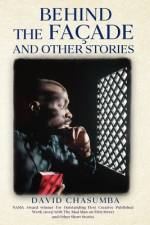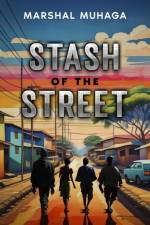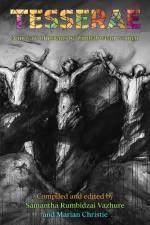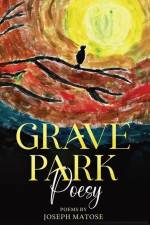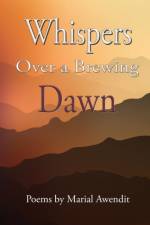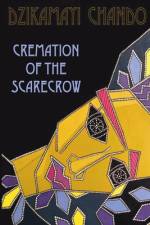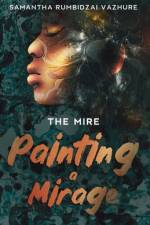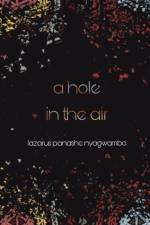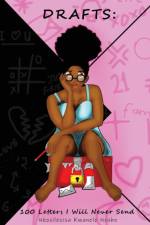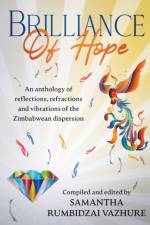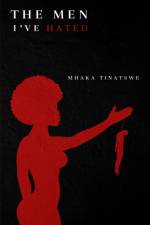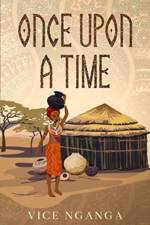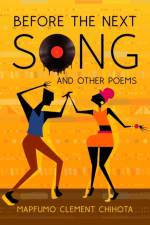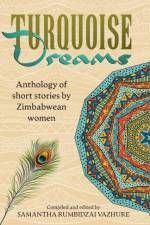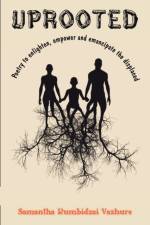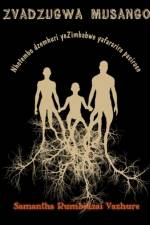av Samantha Rumbidzai Vazhure
269,-
IntroductionA collection of poetry originally written in Shona by Samantha Rumbidzai Vazhure. "Zvadzugwa Musango" translates to "Those uprooted from their natural habitat" and explores the issues and celebrations of displaced immigrants and refugees living in the diaspora.Samantha was born in the district of Barking and Dagenham (London, United Kingdom) in 1981, to Zimbabwean parents who were studying in the United Kingdom and returned to Zimbabwe a couple of years after independence. Samantha's father is of Karanga origin and her late mother was Zezuru. Samantha spent her childhood in Masvingo, Zimbabwe where she completed her education at Victoria Primary School and Victoria High Boarding School respectively. She returned to the United Kingdom in 1999 after completing her A levels. She studied Law and Business Administration at the University of Kent in Canterbury and proceeded to study a Postgraduate Diploma in European Politics, Business and Law at the University of Surrey. Samantha works as a financial services professional. She is married to her childhood sweetheart, and together they have two children.Having lived in the UK for 20 years, Samantha felt inspired to write Shona poetry, not only to preserve and promote the Shona language and culture, but to encourage younger generations of immigrants to feel proud of who they are and where they are from. Having studied the Shona language, Literature in English and Divinity at A Level, Samantha has always felt compelled to write. The Karanga dialect is widely spoken in Masvingo, where Samantha grew up, and is unapologetically applied in her poetry. Issues explored through her poetry include equality, mental health challenges, abuse and toxicity in relationships, bullying and challenges of raising young families in the diaspora, to name but a few.As she is bilingual, Samantha decided to translate her Shona poetry to English in order to share the Zimbabwean culture with the world, and to allow those who do not speak or understand Shona or the Karanga dialect to appreciate and learn from her poetry. It is worth noting that language translation carries with it cultural concepts that may not make sense at face value. The Shona language is rich in puns, idioms, metaphors and proverbs. As such, there are tools that will help to decode some unrelatable Shona traditional concepts the reader will come across in the poems. The concepts are italicised in the poems and defined at the back of this book.

